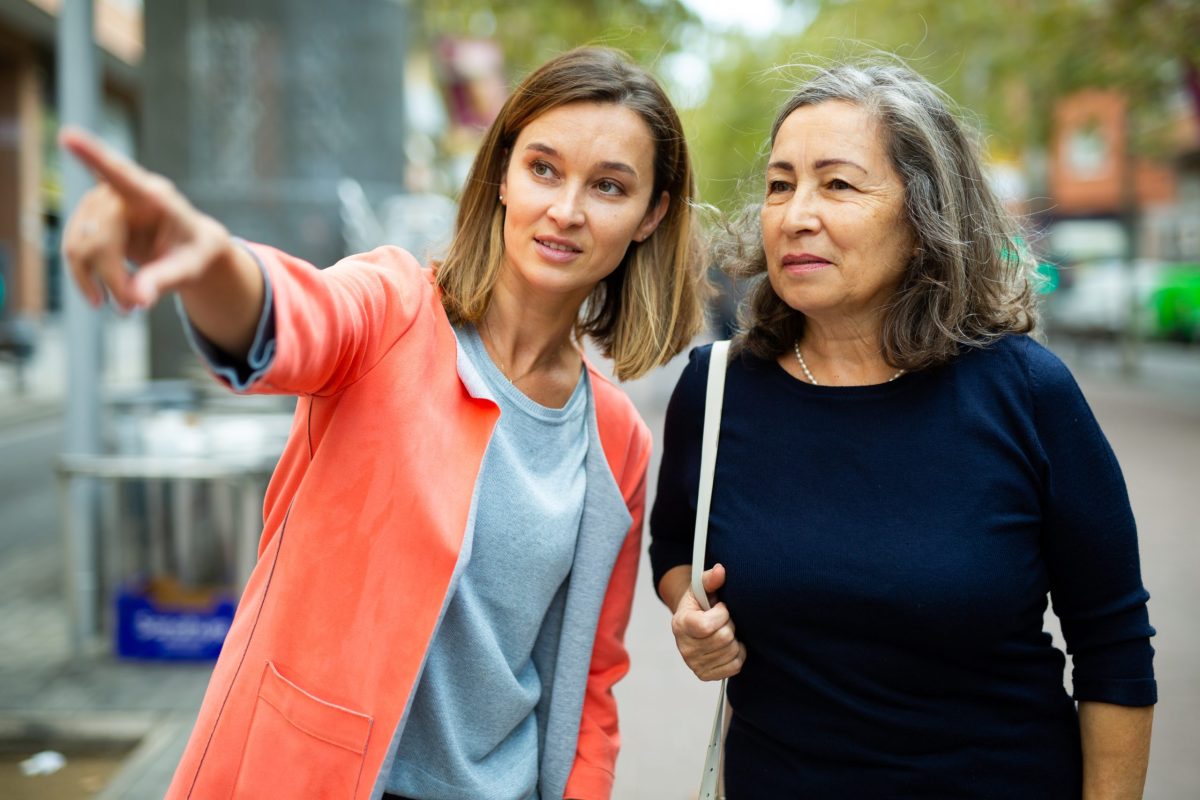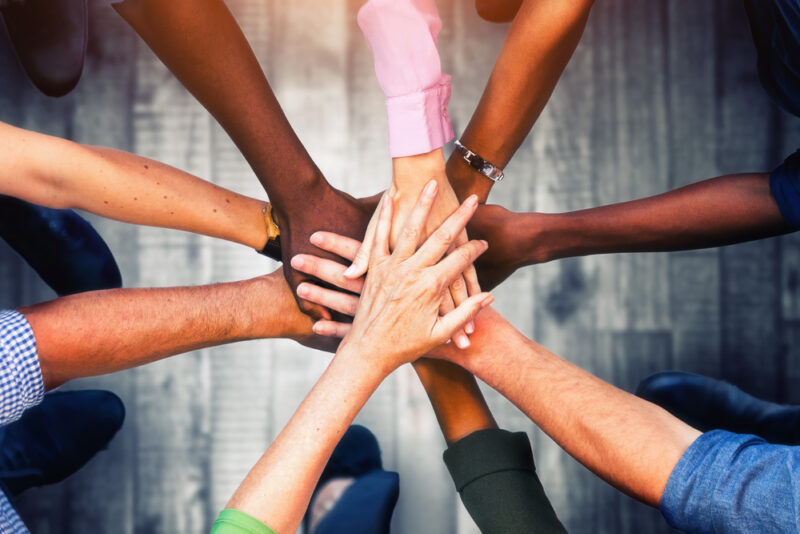Think back to the last time you took public transportation. What were most people doing? If it’s anything like the planes, trains, buses and subways I ride (or used to ride pre-pandemic), people probably generally kept to themselves. Whether working or scrolling through a mundane social media feed on their smartphones, most people I observe are simply in their own little world. But what if you were forced to interact with strangers?
Behavioral science researchers at the University of Chicago conducted a series of experiments to test this very question. Hundreds of bus and train commuters were assigned to one of three conditions: 1) interact with a stranger; 2) remain disconnected (sit in solitude); or 3) commute as they would normally do. In addition, a separate group of study participants was asked to predict which pathway would lead to the most positive experience. While most of the participants predicted a more positive experience in solitude, the actual results were completely the opposite. Participants reported a more positive (and no less productive) experience when they connected with strangers than when they did not.
More recently, Nicholas Epley and his team replicated and extended this study with a group of participants commuting in and out of London. Similarly, the new study found that commuters randomly asked to have a conversation with a stranger had a more positive experience and reported being more likely to talk to a stranger again than those participants who were randomly told to sit in solitude or do whatever they would normally do on their commute.
Human beings are hardwired to seek out others, so then what makes talking to strangers so difficult? Despite the fact that many of us have been told by our parents and teachers to never talk to strangers, the simple answer is our own assumptions stop us. Epley and his colleagues found that participants: (1) assumed that starting conversations would be more difficult than ending them; (2) expected that only a small percentage of people would be willing to talk to them; and (3) had uncertainty about others’ interest or willingness to engage in conversation. These assumptions created a fear of being rejected or being perceived as impolite; yet, the study participants discovered the exact opposite in all three respects. Unfortunately, these assumptions are likely to be self-fulfilling: Believing that others are unwilling to connect keeps you from trying and thus learning that many strangers are actually open to having conversations. The pandemic doesn’t make this easier, and safety and personal distancing rules matter.
Personally, talking to strangers has made my life better in ways I never anticipated. Most of my talking to strangers interactions happen when I’m traveling, particularly with cab drivers. I taught a workshop at Harvard Law School several years ago, and a cab driver named Jean picked me up at my B&B to take me to the airport. We talked politics, my business, and our families. He’s now a good friend. My cab driver in London taught me as much about relationships during our 45-minute ride than any therapist I’ve talked to. He asked me what I did for a living, we talked about my work, and then he shared the painful story of his divorce. He told me that the biggest lesson he learned (too late) was the importance of accountability – being willing to show up day in and day out with your partner to put in the relationship work. I will carry that lesson with me into future relationships. Traffic in Los Angeles can be a nightmare, but my Uber driver and I passed the time talking about our mutual love of music and singing Marvin Gaye’s “What’s Going On.” One NYC cab driver told me about how he had previously owned several Subway restaurants. His parents died within a month of each other, and he was overcome by grief. He sold the restaurants and decided to start driving cab to interact with people in order to better cope with the loneliness and grief he was feeling.
Please click here to order my new book, Beating Burnout at Work: Why Teams Hold the Secret to Well-Being and Resilience.







